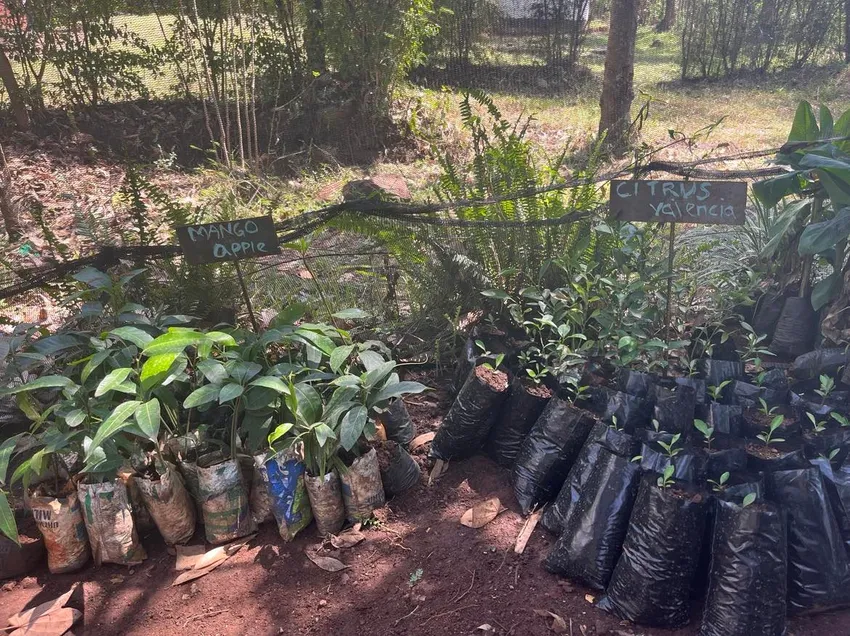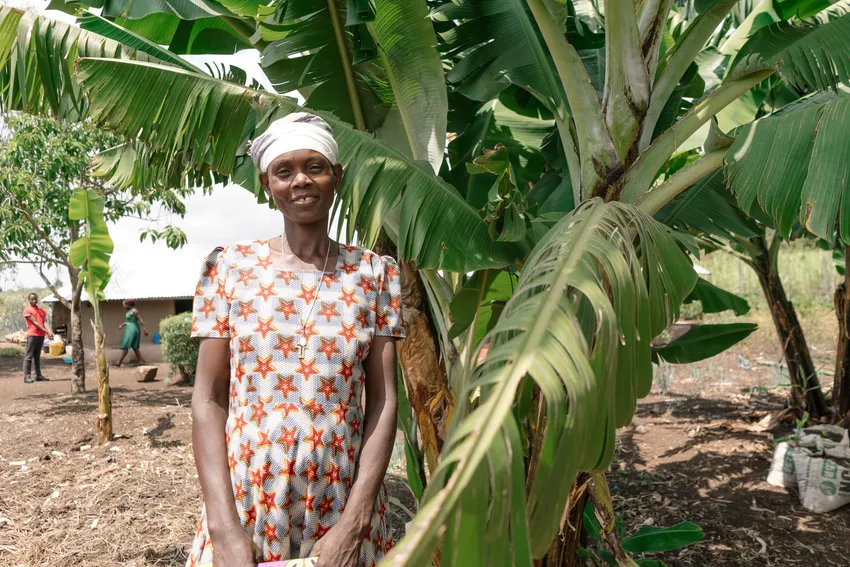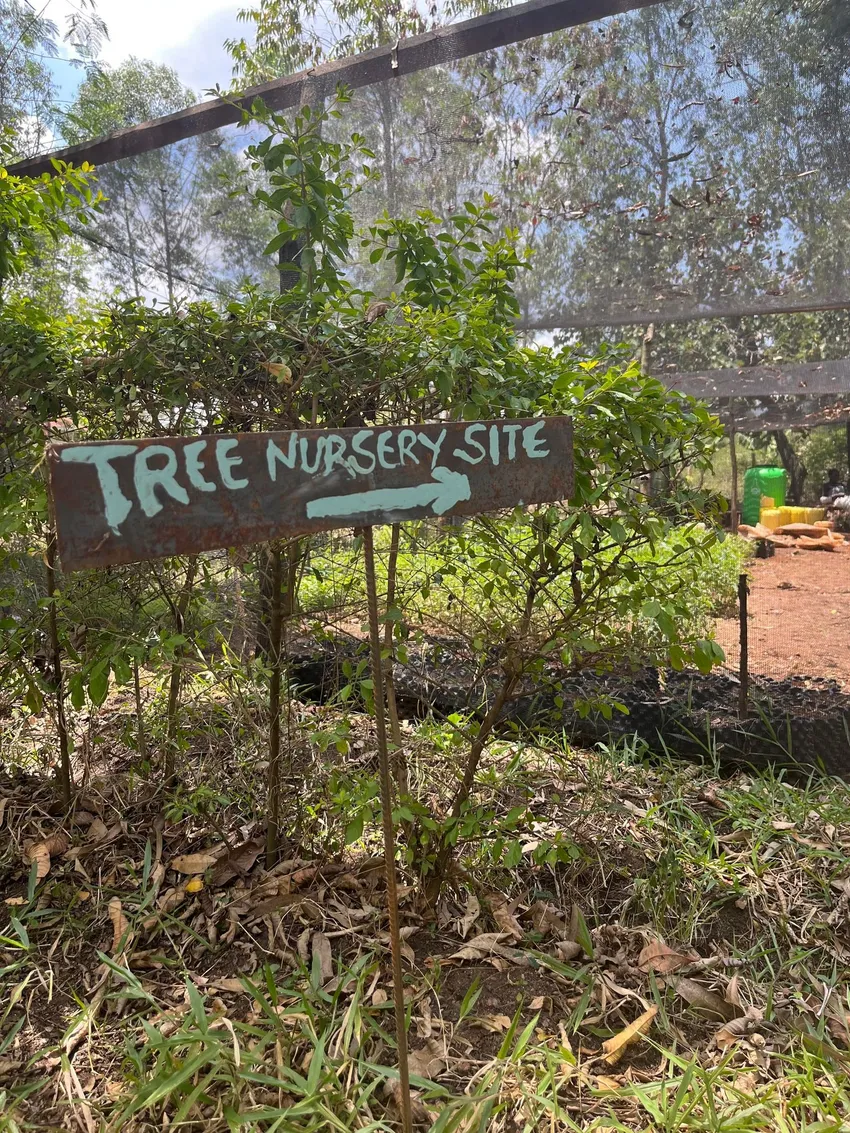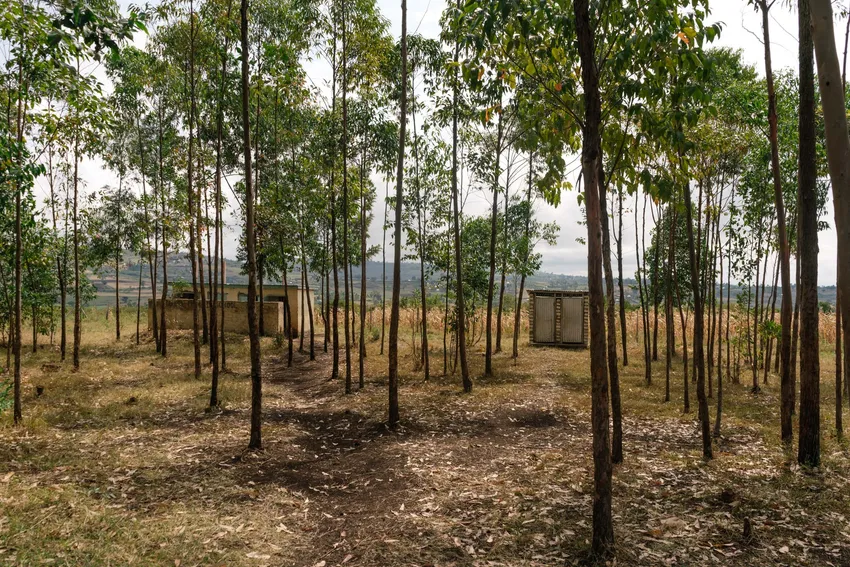Climate change is devastating farming in Kenya, threatening sustainable livelihoods. Agroforestry offers a long-term, sustainable solution, enabling households, schools, and communities to grow food and other products effectively.
Categories
Beneficiaries
In Ndhiwa, 83% of households (39,866 total) rely on subsistence farming. When crops fail due to floods or drought, the entire community suffers. Climate change, with rising temperatures and unpredictable weather, is increasing these failures, endangering lives and livelihoods. Multi-dimensional poverty is widespread, disproportionately impacting rural, marginalised women who work farms to feed their families. Deforestation for fuel further worsens biodiversity loss and soil erosion.
The community will adopt climate-smart agroforestry, integrating forest gardening with sustainable practices like crop rotation and composting. Each farm will include a mix of trees, fruit trees, shrubs, and perennial crops, designed to mimic the structure of a natural forest, the most stable ecosystem for this climate. The focus will be on empowering vulnerable women and young people, enabling them to drive change in their communities while boosting household incomes and food security.



